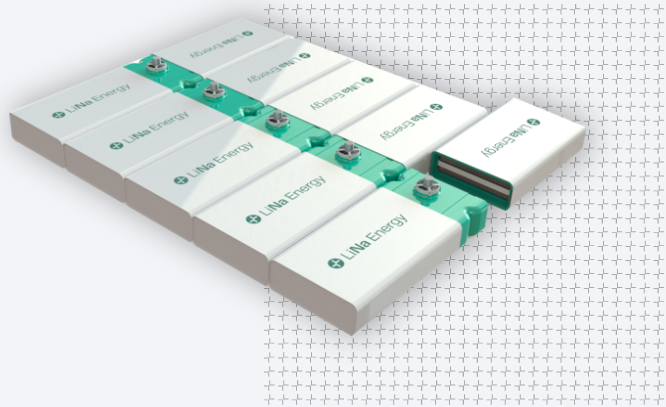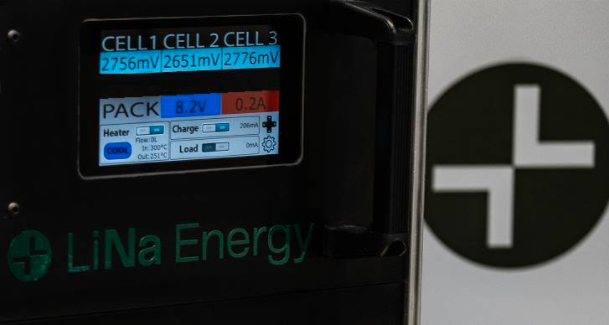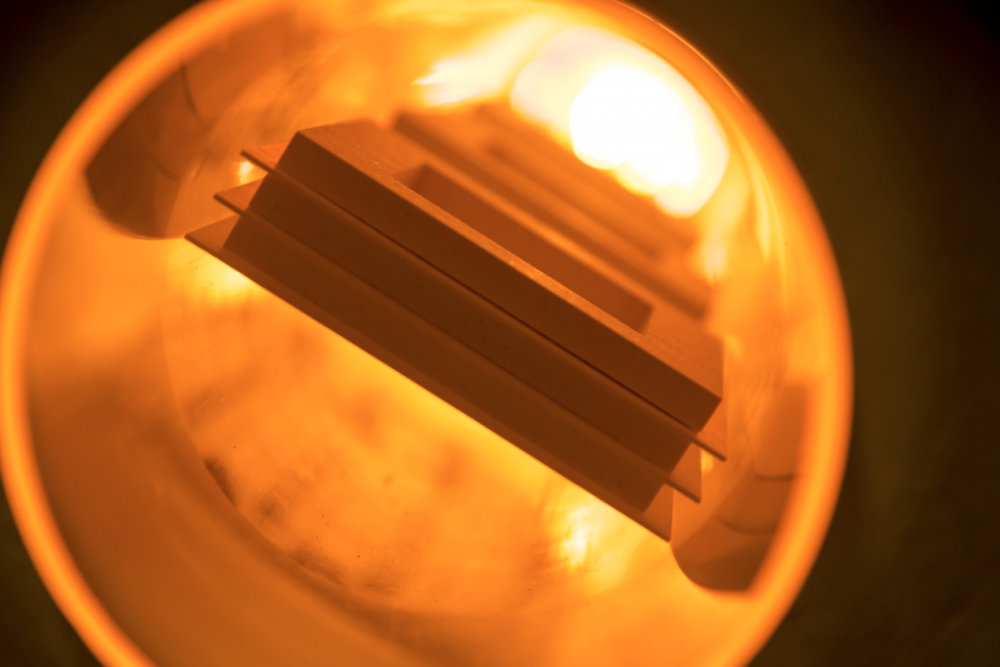As of February 23rd, 2021 ion Ventures and LiNa Energy released their results of their first successful trial of the proprietary solid-state sodium battery platform at an undisclosed South East England location. ion Ventures, a 21st century utility and energy storage infrastructure specialist with LiNa Energy a solid-state battery technology developer had finished the final milestone of the prestigious UK BEIS Award.

LiNa Energy was formed in the summer of 2017 as a spin-out of Lancaster University. The goal was to apply modern material engineering to the sodium-nickel-chloride battery allowing them to create a game-changing battery storage technology.
The goal here was to commercialising a safe, cobalt-free battery platform that would be suited for both BEV and Grid Storage by the Utility industry at a substantial reduced cost. The achievement was that they hit $50 per kWh which is a substantial reduction over current battery technology. LiNa Energy went even further in focusing on a superior solid state cell design that also did not need Lithium removing both rare earth elements as they successfully created a solid-state sodium battery.
Development time was just under two years from concept to development and finally operational prototype that produced energy density comparable to todays existing lithium/cobalt batteries. They went even further in building a battery pack that can operate in a wide range of temperatures and does not require expensive cooling systems.
The aim of this trial was to demonstrate the ability to charge and discharge a battery module containing LiNa's patented system design which included optimized thermal and electrical management and control systems. LiNa Energy created the battery platform and ion Ventures is leading the deployment of the battery in real-word environment with a view to deploying it in the grid storage market near future.
The benefit of LiNa battery cell design is that this helps to manage grid volatility created by the decline in fossil fuel generated power by providing a synthetic source of inertia as the world moves towards green power generation. Lithium-ion technology is the dominant chemistry for battery storage systems. The LiNa Platform is a disrupting technology to the Lithium-Ion batteries currently being used in Grid storage markets, passenger and commercial vehicles (BEVs).
The clean-tech specialist consultancy BEIS Award, E4Tech performed an independent, strategic study of the stationary grid storage application based on LiNa's Technology. They identified that LiNa's platform was superior to existing Lithium-Ion based storage in regards to distribution, generation level storage and behind the meter owing to superior CAPEX, OPEX, LCC, battery self-discharge and safety metrics.

The next step is to setup a commercial large scale production for taking this battery technology to market focused on the following:
-
Utility Scale Storage:
- Transmission grid
- Distribution grid
- Generation level storage
- Behind the meter
-
Transport:
- Passenger EV
- Commercial/heavy duty EV
- Bulk transport
- Maritime
- Railway
- Aerospace
LiNa Technology hit's these very important points:
-
High Performance
- Higher volumetric and gravimetric energy density than incumbent lithium-ion
- Expected significant operational cycling improvement vs. lithium-ion
-
Low Cost:
- Cell Cost as mass manufacturing of c.$50 kWH
- Uses abundant raw materials, cobalt and lithium free and easily recycled
-
Safe:
- Inherently safe system reduces system-level costs and complexity
- Ceramic separator is non-flammable
-
Chemistry & IP:
- Underlying NaNiCl chemistry proven commercially
- LiNa IP is protected by several patents and 60+ years of combined specialist materials know-how



-3707742431.jpg.06edf8e14f4ccf35c60d4774a543cc11.jpg)



Recommended Comments
There are no comments to display.
Join the conversation
You can post now and register later. If you have an account, sign in now to post with your account.
Note: Your post will require moderator approval before it will be visible.